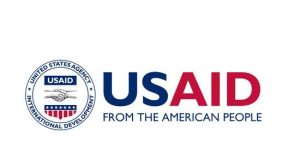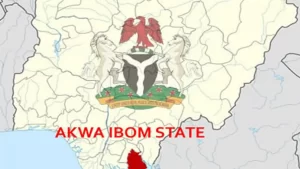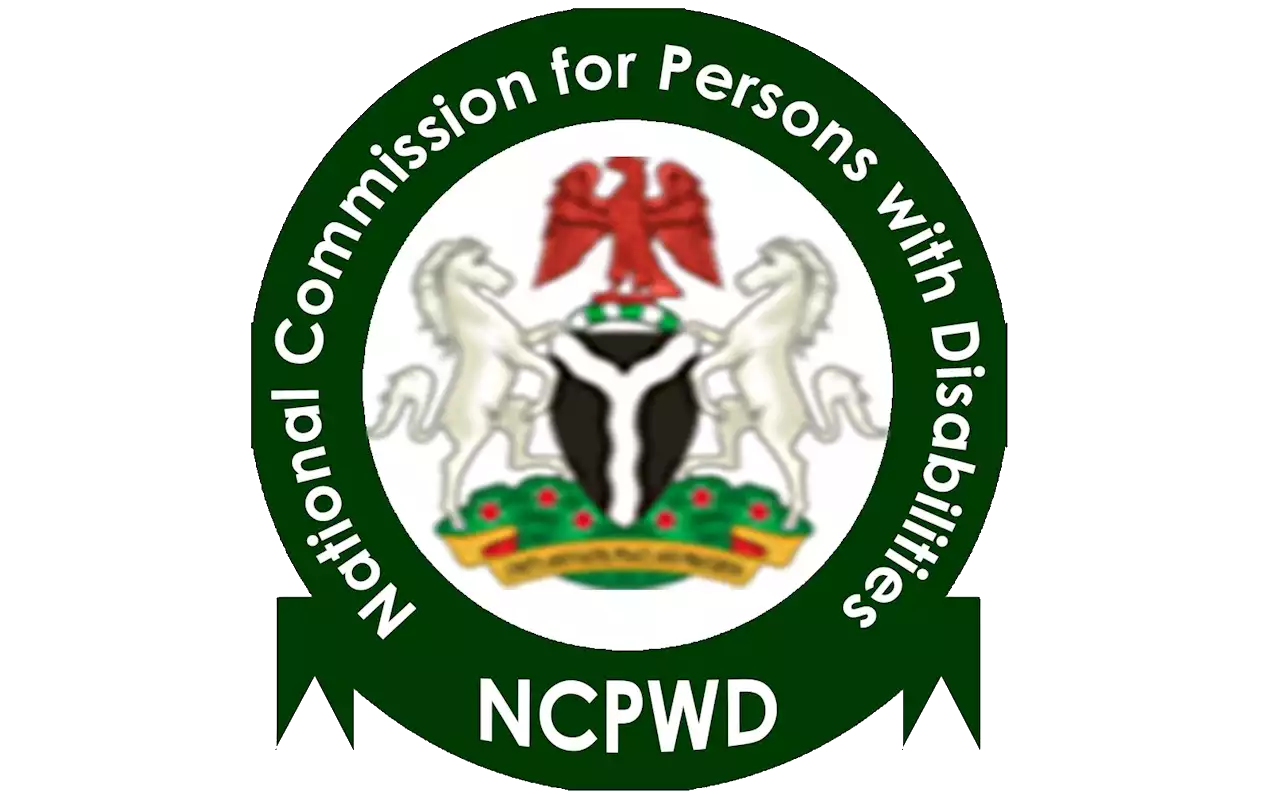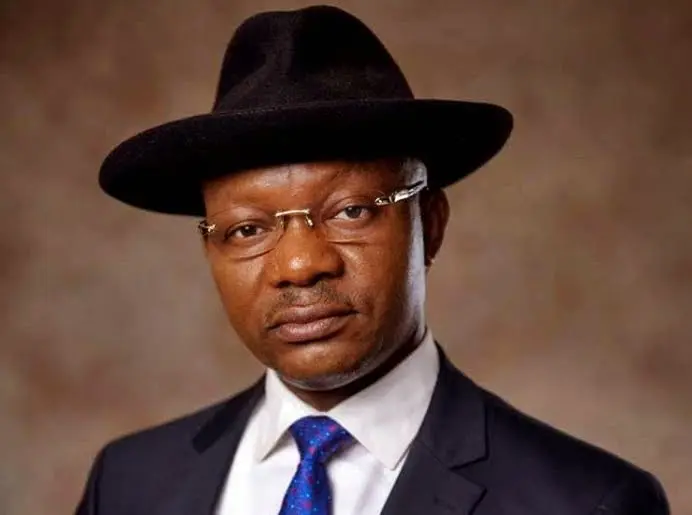Persons with Disabilities (PWDs) in Akwa Ibom State have appealed to the state government to involve their members in decision-making and overall governance to create a sense of belonging to members of the state.
Speaking during a four-day sensitivity and awareness training facilitated by USAID for representatives of MDA’s, CSO’s as well as traditional and religious leaders in Eket, on Tuesday, the disable persons explained that they must participate in taking decisions that affect them at every stage of the project cycle.

The essence of the training was to help the state develop the knowledge, skills and attitudes necessary to effectively address the needs.
PWD said that persons with disabilities have the right and capacity to contribute to development and decisions affecting them.
One of the participants, Mr Friday Jacob, from the state Ministry of Information and Strategy, expressed concerns over the attitude of some Nigerians towards persons living with disability.
“I have observed that persons with disabilities have been marginalized, stigmatised and discriminated against in the past in the society.
Read Also: Armed Thugs disrupt Labour party meeting in Enugu
“I have been considering persons with disabilities as people from the other world but in this training, I have considered them as part of me,” Jacob said.

He advised Nigerians not to sideline or marginalise persons with disabilities but should consider them as normal people in the society.
He appealed to the society to always assist persons with disabilities whenever the need arises, adding that persons with disabilities should not consider themselves as downtrodden being sidelined in the society.
A programme officer, Miss Joy Ubong, at Family Centre Initiative for Challenge Persons, appealed to the society not to pity or sympathise with persons with disabilities.
“During their work, some biases are based on informed knowledge or attitude such as attitudinal barriers. The way society perceive persons with disabilities is from sympathy and that persons with disabilities do not like.
“The training has made us to be sensitive to the concerns of persons with disabilities,” Ubong said.

He suggested that government should formulate programmes and policies to integrate and bring together persons with disabilities.
“It shows that together we can do it better, there is no ability that has know disability,” she said.
Click on The Trumpet and follow us on our Twitter page for more:






